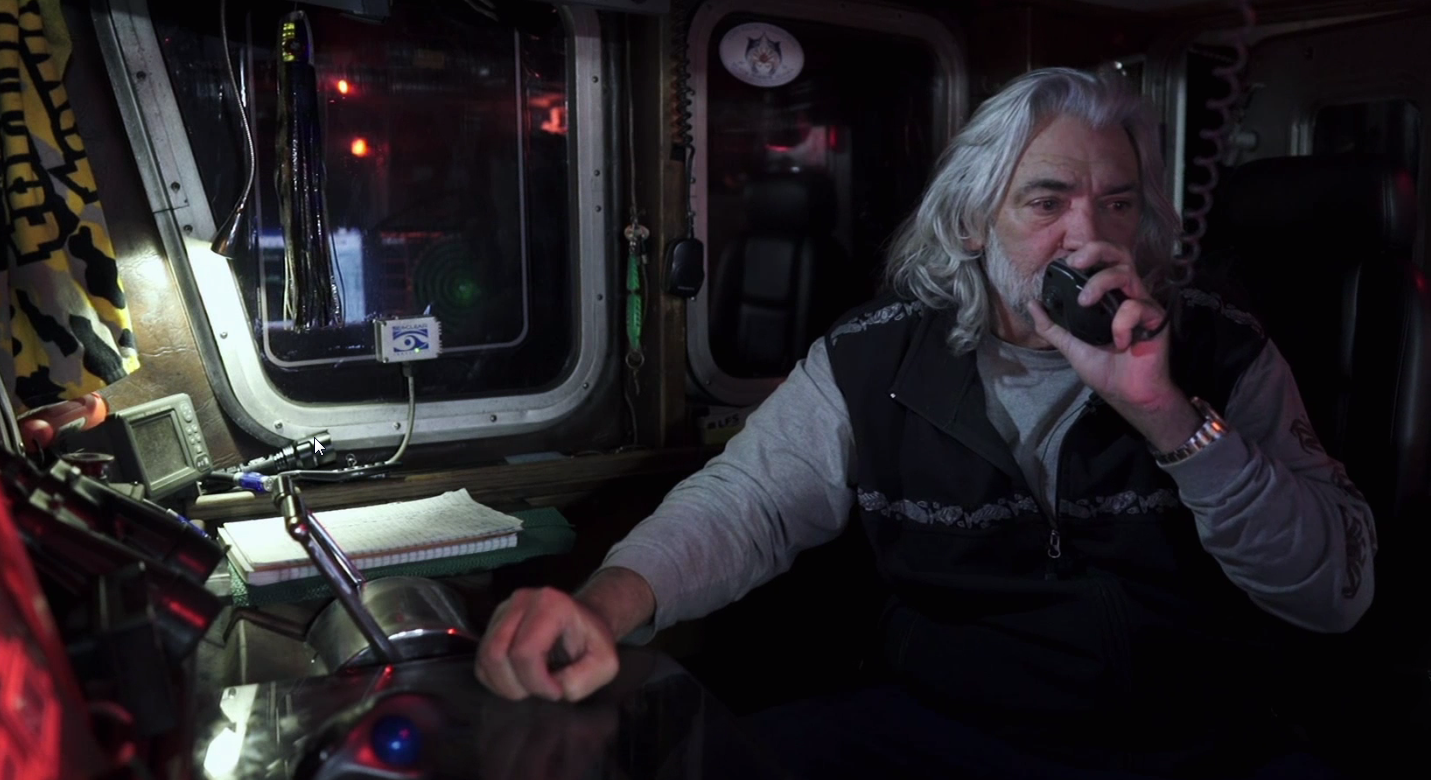EDITORIAL: City council needed to get to work — and did
Published 12:00 pm Friday, June 16, 2023
The Baker City Council needed to get back to work. And on Thursday night, two days after an unfortunate debacle, councilors did just that. The seven people who city voters elected have vital tasks to accomplish on behalf of their constituents, and time is short.
Trending
They’re required by state law to adopt a budget by June 30, for the fiscal year that starts July 1.
Councilors can’t do that unless at least four gather in the same room for an official meeting.
That was supposed to happen Tuesday night, June 13.
Trending
It didn’t.
The council was divided over the question of who is the legitimate mayor — Matthew Diaz or Beverly Calder.
The situation is interesting, to be sure.
But it’s far from the council’s highest priority, and councilors needed to set the matter aside for now.
Specifically, Calder needed to accept that Diaz is the mayor, and to her credit, that’s what she did Thursday night. All seven councilors met at city hall, with Diaz presiding as mayor, to make another important decision — hiring an interim city manager to replace Jonathan Cannon, who is resigning July 3.
Councilors picked Jon France, who recently moved to Baker City, from among four applicants.
The council’s reunion of sorts Thursday was a refreshing change from what happened two nights earlier. When Calder arrived at city hall on Tuesday she sat in the mayor’s seat, gavel at hand.
The council voted 4-2 on Jan. 3 to elect Calder as mayor.
(In Baker City the seven elected councilors, not voters, choose the mayor, per the city charter. The mayor serves a two-year term.)
The four councilors who voted for the motion to elect Calder, who was the lone nominee, are Ray Duman, Johnny Waggoner Sr., Jason Spriet and Calder herself. Diaz and Councilor Dean Guyer voted against the motion.
(The council had one vacancy at the time. Councilors later appointed Nathan Hodgdon to fill that vacancy.)
Then, at the end of the council’s April 11 meeting, Guyer made a motion to remove Calder as mayor. He cited as a reason the letter to the editor Calder had written to the Baker City Herald, in which she criticized Cannon.
The vote was 4-2. Guyer, Waggoner, Diaz and Hodgdon voted for the motion to remove Calder as mayor. Calder and Duman voted no. Spriet was absent.
Guyer’s justification for deposing Calder as mayor was utterly unconvincing. He argued that her letter to the editor was “not appropriate.” The idea that an elected councilor should be punished for commenting publicly, whether in writing or verbally, as Calder as did with regard to Cannon’s management, is a noxious attempt to stifle criticism.
Although Calder didn’t otherwise object to the vote on April 11, she said that after later conversations with residents who believed the council didn’t have the authority to remove her as mayor, she decided to reclaim the position during Tuesday’s meeting.
The four councilors who voted to remove Calder on April 11 — Guyer, Waggoner, Diaz and Hodgdon — declined to participate in Tuesday’s meeting after Calder refused to relinquish the mayor’s seat. Their absence left the council with three members — Calder, Duman and Spriet — which is one short of the quorum that the city charter requires for the council to take votes.
As a result, the council couldn’t take action on agenda items that included adopting the budget.
The situation is complicated by the charter’s lack of detail.
Although the charter explicitly gives councilors the authority to choose the mayor, the document is silent on the matter of removing that title.
It is not, ultimately, a vital issue. The mayor has no veto power. The mayor conducts meetings and signs ordinances and resolutions, but otherwise has no special authority. Nonetheless, the dispute, with its 4-3 divide, left the council unable to conduct the public’s business Tuesday.
The one legal opinion on the matter is from Dan Van Thiel, the city’s contract attorney. He concluded that the council’s April 11 votes to remove Calder as mayor, and appoint Diaz in her place, were valid.
Diaz has presided over council meetings since then, with the exception of Tuesday.
Calder said Friday morning that although the charter doesn’t give councilors explicit power to demote the mayor, she accepted Van Thiel’s conclusion and did not reassert her claim to the mayor’s title on Thursday.
That was a wise choice. If she had continued to claim she was mayor, it’s all but certain the issue wouldn’t have been resolved before the June 30 deadline for the council to adopt the budget.
Van Thiel’s conclusion that the April 11 vote was valid was prompted by a complaint not that councilors had violated the city charter in removing Calder’s title, but that they had ignored council rules by replacing Calder as mayor without listing that item on the meeting agenda.
Van Thiel concluded that the council does not need to list on the agenda every item that might be voted on. He quoted from the Oregon Attorney General’s public meetings and records manual, which states that public bodies aren’t precluded from voting on issues that aren’t mentioned on a publicly available agenda.
As for the question of whether the council has authority to remove the title of mayor from a councilor, although the charter, as mentioned, doesn’t address this issue, it is plausible to conclude that the council does have that authority. The charter, for instance, gives the council the sole authority to hire and fire the city manager, who is in effect the city’s CEO. It would be a glaring inconsistency if councilors, who can hire and fire the manager, the city’s highest-paid employee, did not also have the authority to remove the largely ceremonial title of mayor, a title which they, not voters, bestowed in the first place.
A legal challenge might lead to a judge overturning Van Thiel’s opinion and reinstating Calder as mayor.
But unless, and until, that happens, the council, as it did Thursday, should continue to meet, with Diaz as mayor, and handle its duties.
The council doesn’t need to resolve the mayor issue to do the vital work to which it alone is tasked.
But it does need a quorum.









